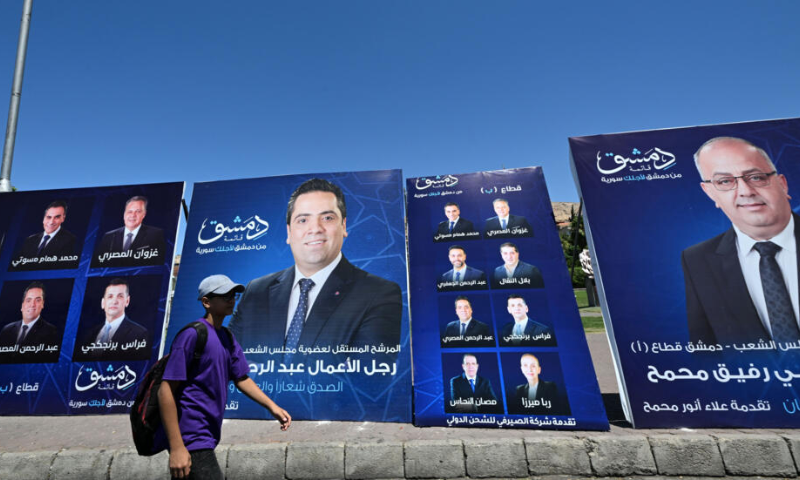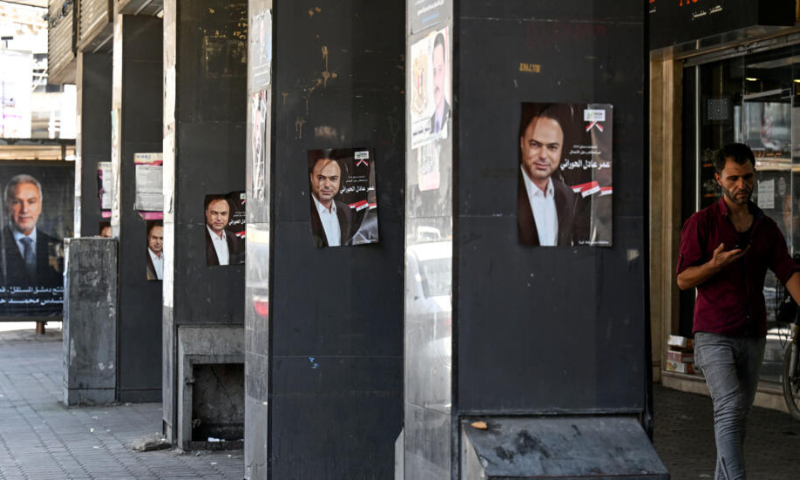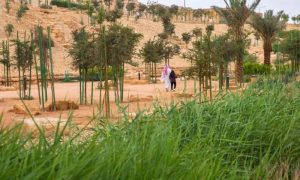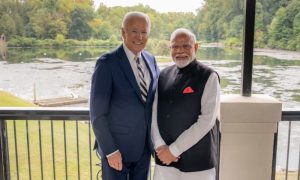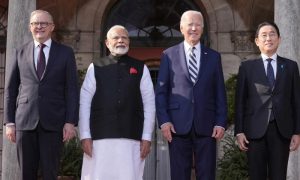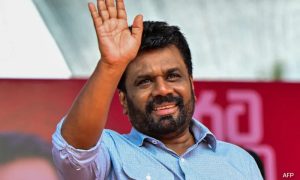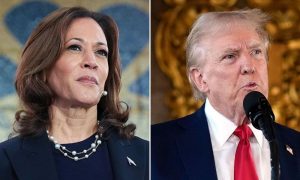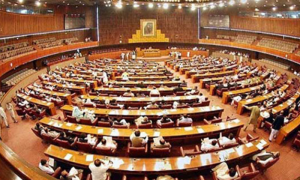DAMASCUS, Syria: On Monday, Syrians in government-controlled areas headed to polling stations for their fourth parliamentary election since the civil war began in 2011.
The election, widely expected to reinforce President Bashar al-Assad’s Baath party’s longstanding rule, features a largely unopposed ballot with independents as the sole alternative to Baath party and its allies.
More than 1,500 candidates are competing for 250 parliamentary seats, although a significant number withdrew in recent days, leaving the field predominantly to the ruling party. Syria’s Supreme Judicial Elections Committee reported that around 7,400 candidates pulled out, highlighting the limited competitive nature of the election.
In Damascus, voter sentiment was mixed. Bodoor Abu Ghazaleh, a health ministry employee, emphasized the need for new faces capable of effecting change, reflecting a sentiment among some voters disillusioned with longstanding political incumbency.
Syria’s electoral system reserves 127 seats for workers and farmers, with the remaining 123 open to candidates from other professions, maintaining a quota-based representation.
Amid ongoing conflict and geopolitical influence, Damascus has regained control over much of the territory lost in the early stages of the civil war, with significant support from allies like Iran and Russia. The conflict, now in its 13th year, has claimed over 500,000 lives and displaced millions, underscoring the profound impact on Syrian society.
However, large segments of the population remain disenfranchised. Syrians living in Kurdish-controlled northeast regions, Turkish-backed rebel-held areas along the northern border, and the jihadist-dominated Idlib province in the northwest are excluded from participating in the election. Candidates are still campaigning in these regions, but only voters residing in government-held areas have access to designated polling stations.
The election has drawn criticism from Syria’s exiled opposition and international observers, describing it as “absurd” and highlighting its exclusionary nature. The opposition argues that elections under current conditions merely serve to reaffirm the ruling authority without addressing the broader political conflict or seeking a meaningful political settlement.
Despite UN-backed efforts to broker a resolution and revise Syria’s constitution, progress has been elusive since 2019, leaving the country mired in political stagnation amid ongoing humanitarian challenges and regional instability.
As polling stations remain open until evening, the election outcome is anticipated to maintain the status quo, reinforcing Baath party dominance amidst ongoing challenges both domestically and internationally.









